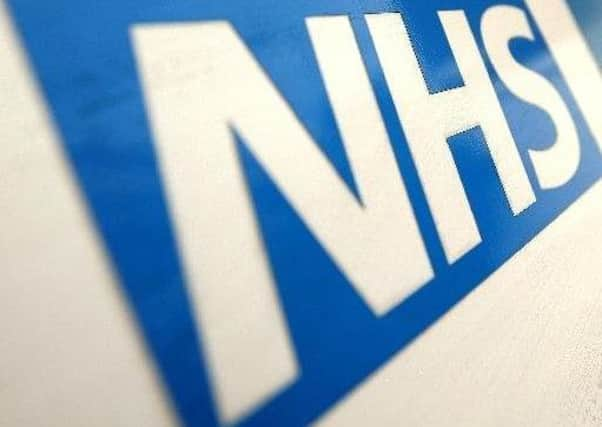Women face anxious wait for smear test results in Northumberland


A mandatory 14-day turnaround time was introduced for cervical screening results in 2010, and providers have to ensure they meet the target in at least 98 per cent of cases.
But a Freedom of Information request by RADAR to Public Health England has revealed that only 65 per cent of women screened in the NHS Northumberland Clinical Commissioning Group area in the 12 months to July were sent their results within two weeks.
Advertisement
Hide AdAdvertisement
Hide AdThis means that 5,800 women who attended a smear test in this period – more than one in three – did not get their results through on time.
Despite falling below the 14-day benchmark, the performance in the CCG area was still above the national average.
More than three million results were sent out in England over the same period, and almost half of them were late.
Leading cancer charities have described the figures as “concerning”, adding that long waits could cause increased anxiety at an already stressful time.
Advertisement
Hide AdAdvertisement
Hide AdOnly 16 out of 195 CCGs met the threshold for providing 98 per cent of results within two weeks and one CCG – East Staffordshire – failed to get any results out on time.
Robert Music, chief executive of cervical cancer charity Jo’s Trust, said: “Lots of people have approached us through our helpline saying they are waiting 12, 14, 16 weeks for their results.
“It is creating anxiety which is not a healthy thing, and our concern is that it could put women off attending their appointments.
“With screening attendance already at a 20-year low, that is worrying.”
Advertisement
Hide AdAdvertisement
Hide AdHe added that it was believed survival rates for women who do develop cervical cancer would be unaffected by the increased waits, but that this couldn’t be certain in every case.
Impending changes to the way cervical screenings are carried out are being blamed for the backlog of test results across the country.
A new test which will look for the cancer-causing HPV virus straight away rather than for abnormal cells in the cervix will be rolled out across the whole of England in 2019.
According to Mr Music, fewer cytologists – the scientists who study the test samples – will be needed with the new method, and this has caused shortages of staff as they leave for new jobs ahead of the change.
Advertisement
Hide AdAdvertisement
Hide AdCancer Research UK said it understood the challenge the NHS was facing ahead of the HPV switch, but said it was important for turnaround times to be reduced “as quickly as possible”.
Jo’s Trust says a “complex and fragmented” cervical screening system in England is both causing problems for the delivery of services and preventing them from being addressed.
NHS England has overarching responsibility for delivering the screening programme but Public Health England also plays a part in setting and maintaining standards.
Women can have a cervical screening appointment with a GP but can also attend sexual health centres, which are run by local authorities.
Advertisement
Hide AdAdvertisement
Hide AdThe smear samples are then sent away to be tested at one of dozens of cytology laboratories across the country.
The charity has been calling for a review of the structure to improve access and accountability.
In the meantime, Mr Music says it is important women are not put off attending their appointments.
“Cervical cancer is one of the few cancers that is preventable,” he said.
Advertisement
Hide AdAdvertisement
Hide Ad“Cervical screenings prevent 75 per cent of cervical cancers and save more than 5,000 lives every year.
“So please go to your test if you’re due one.”
An NHS England spokeswoman said: “NHS England and Public Health England are committed to the introduction of primary HPV screening, which will identify more women at risk and save more lives.
“Enabling laboratories to convert to HPV primary screening ahead of the procurement process, is just one practical step being taken to ensure the NHS achieves full coverage of primary HPV screening by December 2019.”
A spokeswoman for PHE added: “PHE is supporting and advising NHS England in its efforts to ensure women receive their screening results within 14 days.”